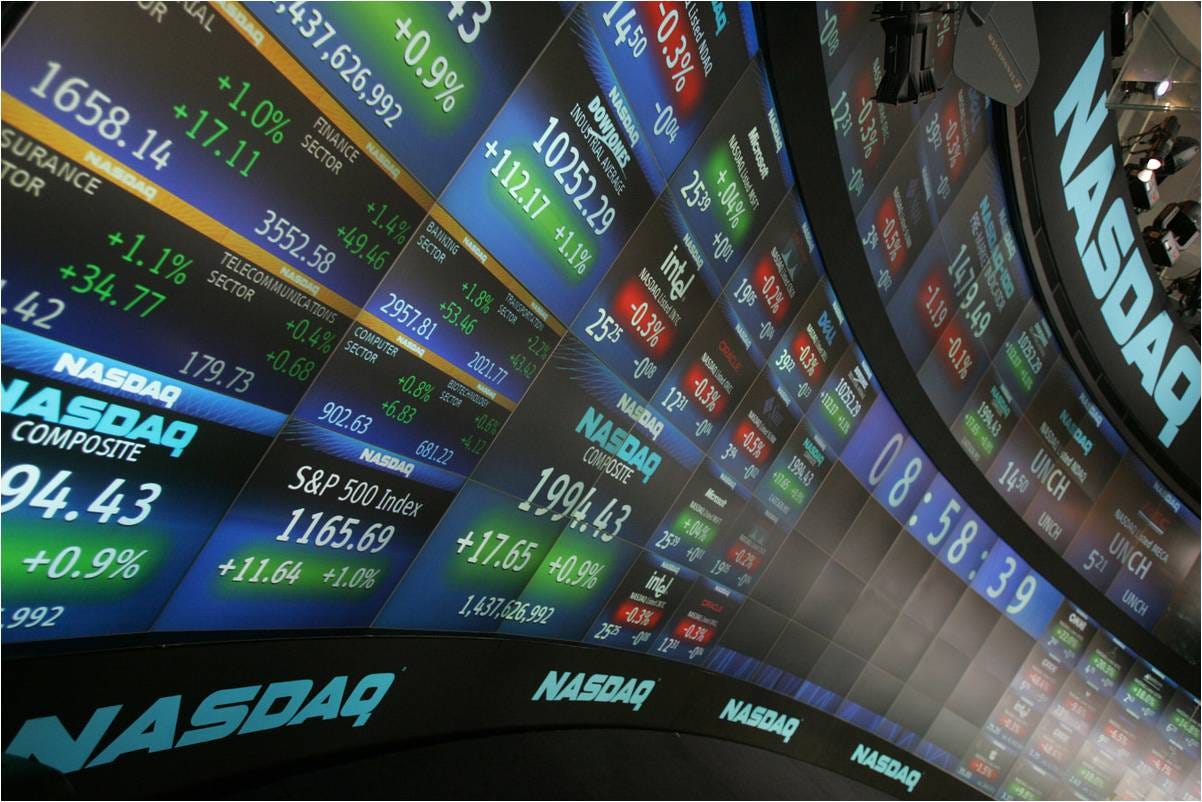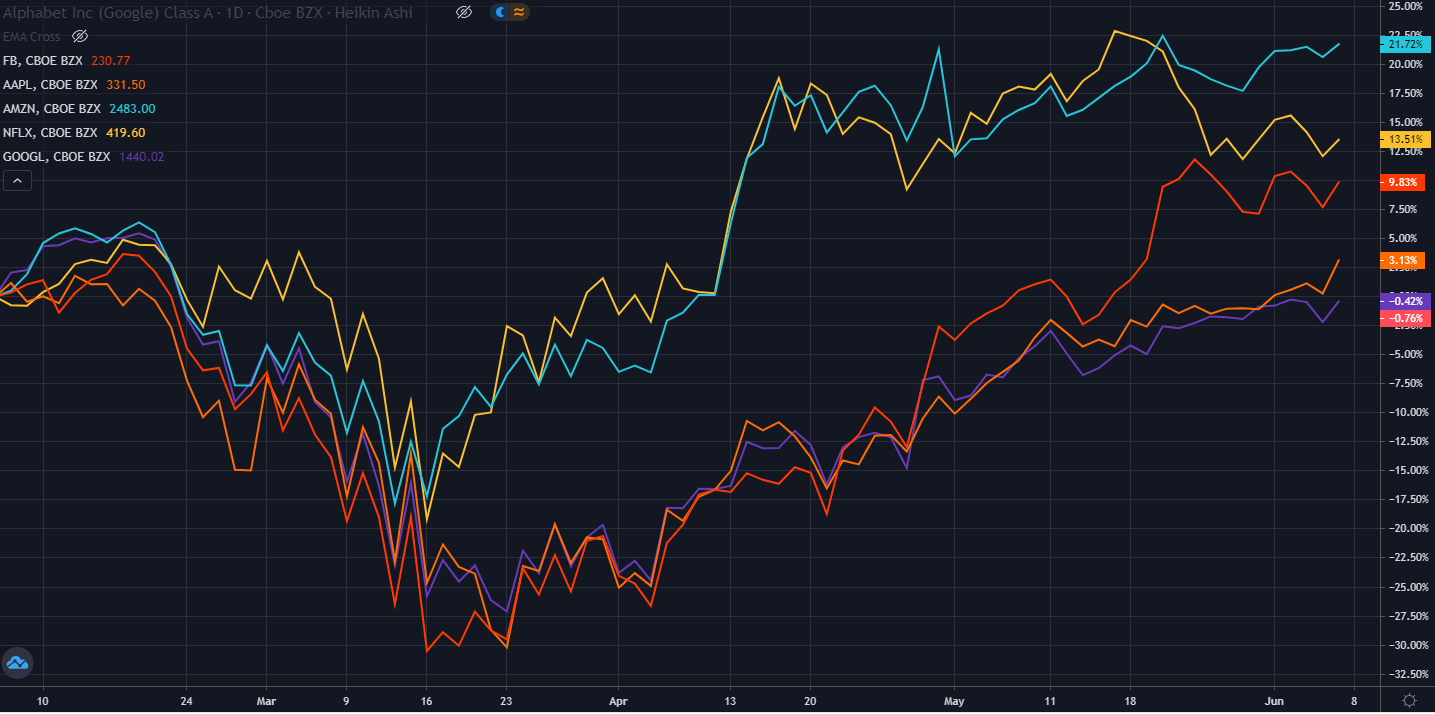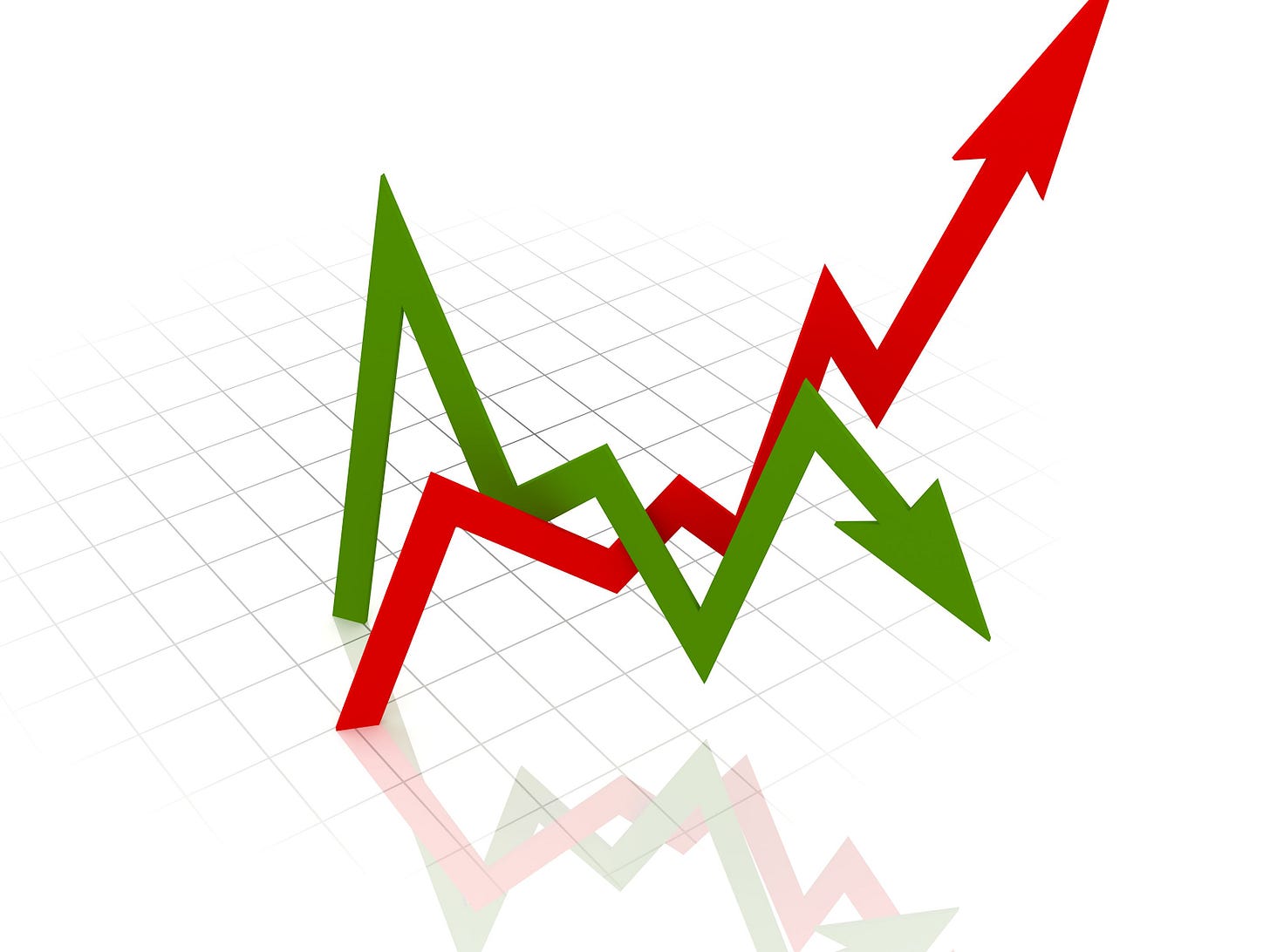
Round the World in Markets

North America
Mortgage delinquencies increase as the coronavirus continues to run rampant. Analyst firm Black Knight reported that 4.75 million Americans had entered forbearance plans. These payment plans are utilized by those who have difficulty paying their mortgages. As house payments are usually the most substantial financial burden by homeowners, they typically are the last bill to pay during times of hardship. A failure to make these house payments has a detrimental impact on credit scores, which are a foundation for the consumer lending market in the US. Attorney Chi Chi Wu of the National Consumer Law Center stated this week: "there's going to be a lot of people who could experience massive credit reporting harm." We may already be seeing this affect the retail market, as Wells Fargo recently cut over 1,000 auto dealers for loans.
In contrast, there is a growing demand for homes in part due to low mortgage rates. The Mortgage Bankers Association reported a 5% increase in mortgage applications, up 18% from last year.
South America
Brazil has overtaken Mexico in vehicle production. Even as the COVID-19 virus continues to sweep the nation, Brazil has pushed ahead by reopening factories that were previously shut down in April. Most of the cars and trucks assembled are primarily for domestic use, as exports have shrunk 91% since the viral pandemic.
European Union
Previously heralded as an example of the coronavirus pandemic, Sweden has backtracked on how it handled the outbreak. Anders Tegnell, the chief epidemiologist in charge of the health policy, appeared to regret his decision not to act more decisively. In speaking to Swedish public radio, he stated, "If we were to encounter the same disease again, knowing exactly what we know about it today, I think we would settle on doing something in between what Sweden did and what the rest of the world has done."
Sweden's stance has been one of suggesting social distancing without shutting down or closing any businesses. The death count for Sweden is climbing at over 4,500 deaths, while its neighbor Denmark has just over 500. Their populations are 10 million and 5 million respectively.
Africa
African nations are moving towards infrastructure projects with help from national banks. The African Development Bank's (AfDB) has pledged to support five specific sectors in the developing nation, including electricity, fertilizer, and irrigation. Since 2015 the AfDB has funded projects allowing 43 million residents access to clean water.
Asia
A bill forcing Chinese companies to prove they are not government-owned passed in the Senate in late May. Companies that are not in compliance or refuse to disclose could see themselves delisted from the US stock exchanges. Affected companies include Alibaba, Baidu, and Tencent, all multi-billion dollar companies. These stocks would be more difficult and expensive to buy, as they would need to be purchased on international exchanges.
Middle East
The price of oil reached $39.55 on Friday, the highest since it dropped to below zero in recent months. The price increase has been due to the US dropping production, closing oil rigs, and 14 oil and gas companies declaring bankruptcy in April and May.
As we have previously reported, oil at this low price is not enough for most companies to cover their costs, especially for shale producers. Most sources cite a $35 - $45 break-even point. More recently, a massive 21,000-ton Russian oil spill in the Arctic Circle has caused the nation to declare a state of emergency in the area. The red-colored diesel has turned large sections of the Ambarnaya river a bright shade of crimson.

(Image Courtesy of Planet Labs Inc.)
Businesses Likely to Shut Down Forever

(Image Courtesy of Adweek.com)
Contrary to the persistent stock market recovery, several large companies are on the brink of failure. The coronavirus and record unemployment have resulted in a sharp decrease in consumer spending over the last few months.
The movie chain AMC warned investors that "substantial doubt exists about our ability to continue as a going concern for a reasonable period of time" in a recent filing. As states slowly start to reopen, blockbuster films like Wonder Woman 1984 continue to delay their releases, contributing to the massive drop in income for AMC.
JCPenny, once a competitor to Sears, has also decided to close its doors. Approximately 30% of its stores will close nationwide, 192 this year. Despite being over 100 years old, a recent spate of lousy executive decisions led to its recent downfall, with the coronavirus as the final nail in its proverbial coffin.
Neiman Marcus declared bankruptcy on May 7th as it saw profits tumbling. It previously attempted to find a buyer to scoop it up in 2017 but was unsuccessful.
On the opposite end of the price spectrum, budget homewares retailer Tuesday Morning has secured a $25 million bankruptcy loan. The funds will be used to allow the stores to continue operations as it moves towards bankruptcy. There is no word on whether another company will acquire the brand.
While some investors are dumping their stock in these companies, others are scooping them up. AMC's stock closed on Friday at $5.93, up a staggering 307% from its low of $1.93 two months ago. Another surprise came from the Hertz rental car company, which filed Chapter 11 bankruptcy to reorganize its debt payments. It last traded at $2.63 from a low of $0.40.
Stock Market Recovery
Brought to You by the Letter “V”

(Image Courtesy of fxempire.com)
The stock market continues to rally amid a pandemic and social unrest. Following an "amazing" job report by the Labor Department, the Dow Jones jumped nearly 3%, putting it within striking distance of its previous all-time highs. The job report showed that the US added 2.5 million jobs in May and saw the unemployment rate drop to 13.3 million. However, other studies claim these numbers are inflated. The added jobs appear to be from a combination of the Paycheck Protection Program, construction, manufacturing, and retail. However, it remains to be seen if this uptick is permanent or temporary. The reopening of states like Georgia, Florida, and South Carolina has also contributed to the jobs report. Unsurprisingly, all three states are seeing increases in COVID-19 cases following their lifting of restrictions.
The most visible company doing well at this time is Apple, having broken its previous high. It is leading the surge and showing a "V" shaped recovery. That is, there was a sharp drop in the stock price, followed by an equivalent recovery.

In an open letter on Thursday, CEO Tim Cook reiterated his stance that Apple is dedicated to social programs designed to uplift those less fortunate.
"We commit to continuing our work to bring critical resources and technology to underserved school systems. We commit to continuing to fight the forces of environmental injustice — like climate change — which disproportionately harm Black communities and other communities of color. We commit to looking inward and pushing progress forward on inclusion and diversity, so that every great idea can be heard. And we're donating to organizations including the Equal Justice Initiative, which challenge racial injustice and mass incarceration."
Other companies doing well during this time are the "FAANG" stocks: Facebook, Apple, Amazon, Netflix, and Google. Their charts reflect the recent market sentiment, a sharp drop followed by a recovery.

Joining the bullish crowd are Goldman Sachs and JPMorgan have reversed their stance, signaling for higher stock prices. They have stated that the stock markets should continue to push higher based on the strong policies taken by the government and FED. These steps have included the injection of trillions of dollars into the banking system.
Another contributing factor for the market's rise is the continual decrease of the US Dollar (ticker DXY). The beginning of March saw a steady drop in the value of the dollar. Perceptive investors seeking to preserve their value have shifted their liquid assets into the traditional markets.

In contrast, the Federal Reserve Bank of Atlanta is projecting the national GDP to fall over 50% in the second quarter of 2020. This divide between the Economy and the Stock Market is an issue that is often confusing to the general public. The Economy encompasses various indicators, including the stock market, GDP, unemployment, consumer spending, etc.
Ed Yardeni of the firm Yardeni Research believes that the economic recovery will take until 2022, stating, "This outlook allows for the possibility of a second wave of COVID-19 infections, though not as bad as the first wave and without another round of lockdowns." While we may see the "V" shaped recovery for manufacturing and housing, service-based industries like airlines, restaurants, and casinos may see a delayed return to profitability.
Negative Interest Rates Incoming (Again)?

(Image Courtesy of TheBalance.com)
Despite the recovery in the stock markets, economists are discussing the possibility of negative interest rates for the US. Economist for the St. Louis Fed, Yi Wen, stated that negative interest rates would be necessary to reverse the economic damage done by the coronavirus entirely.
While open to more economic measures, FED Chairman Jerome Powell is unconvinced that such a drastic step is the right move. "I would say the evidence on whether it actually works is mixed. There are clearly some negative side effects, as there sometimes are with these things, and it's just not clear to my colleagues and to me on the Federal Open Market Committee that this is a tool that would be appropriate to deploy here in the United States."
Negative interest means that instead of paying to borrow money, a person taking out a loan is paid to do so. It simultaneously encourages bank customers to spend more and increases their risk tolerance. This scenario makes borrowing money more attractive to the everyday consumer but has some downsides as well. High-yield savings accounts and similar financial products would suffer, as consumers would have to pay banks to hold their money.
The combination of a near-zero interest rate and the FED's purchasing of ETFs and bonds appears to be enough to stave off a depression at this point. The second wave of COVID-19 and closing down states again may be the final push needed to force the FED's hand.
Facebook Begins Labeling State Media Posts

(Image Courtesy of TechCrunch.com)
Perhaps bolstered by Twitter's recent fact-checking labels, Facebook has begun labeling posts by state-controlled media. Specifically relegated to China, Iran, and Russia, the door has now been opened to any foreign posts targeting the US population.
This move comes as the 2020 presidential campaign season in the US is set to kick off. Diligent readers may remember that Facebook was implicated in allowing Russia-sponsored ads to run on its platform in 2016. It is estimated that 470 Russian-controlled pages and accounts were involved in the organized campaign.
Facebook's ubiquity over the world is credited in swaying the last presidential election to Donald Trump. The Trump campaign spent over $44 million on Facebook ads in 2016, compared to $28 million by Hillary Clinton. These were targeted to people based on several demographic factors, including gender, age, race, education level, and time spent on Facebook.
Facebook's head of Security Policy, Nathaniel Gleicher, related the new transparency initiative. "If you're reading coverage of a protest, it's really important you know who is writing that coverage and what motivation they have. The goal of this is to ensure the public will see and understand who is behind it."
Going into the November election, Facebook and other social media platforms will be increasingly scrutinized as more Americans are relying on these outlets as their primary source of news. 2020 has already proven to be an inflammatory year on many topics. The upcoming campaigns by the Republican and Democratic parties are poised to fuel an already burning emotional fire.
Kaltoro
@kaltoro_
This newsletter, analysis, research, and commentary provided by Modern Markets, lead analyst Kaltoro, with contributions from TytanInc and Digital Lawrence. The publication incorporates data from numerous sources including, but not limited to, CoinMarketCap, Bloomberg, CNBC, Lunar Crush, and the team at FomoHunt.


